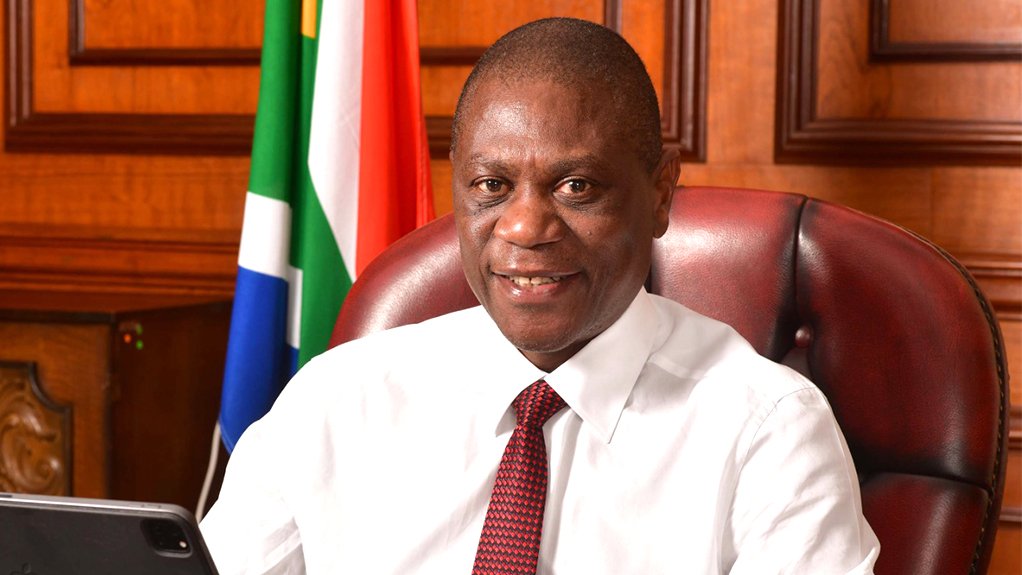To mark the conclusion of the 2023 African Continental Free Trade Area (AfCFTA) Business Forum, Deputy President Paul Mashatile highlighted the necessity of private sector participation to advance the successful implementation of the AfCFTA.
Mashatile gave the closing at the AfCFTA Business Forum, in Cape Town, advancing that the implementation of the AfCFTA would improve intra-Africa trade and Africa’s share and participation in global trade and that it would stimulate and improve the continent’s economy while lifting millions of people out of poverty.
“Our continent is moving in the right direction towards one African market. To date, 54 of our countries have signed the Agreement. As of February 2023, 47 of the 54 signatories have deposited instruments of ratification. We are well on our way to creating the world's largest single free trade area, with 1.3-billion people and a gross domestic product of $3.4-trillion,” he said.
He said the AfCFTA would become a “game changer” for the continent’s growth trajectory if the business community, governments and the working people worked together.
Mashatile’s speech underscored the importance of a free trade area in Africa representing a ripe opportunity for significant investments into the continent and the need to reduce structural and regulatory barriers to entry.
United Nations Conference on Trade and Development secretary general Rebeca Grynspan indicated that Africa had $21.9-billion of untapped export potential, with a further $9.2-billion of export potential that could be realised through partial tariff liberalisation under the AfCFTA Agreement over the next five years.
The general state of road, rail and maritime infrastructure was decried by Mashatile, as it impaired the continent’s facilitation of intra-Africa and global trade.
While acknowledging the necessity of skills and the technologies of the Fourth Industrial Revolution in promoting global competitiveness, Mashatile highlighted the importance of building solidarity within the continent through efficient border posts, aligned national and regional policies and the promotion of political stability.
EMAIL THIS ARTICLE SAVE THIS ARTICLE ARTICLE ENQUIRY
To subscribe email subscriptions@creamermedia.co.za or click here
To advertise email advertising@creamermedia.co.za or click here











